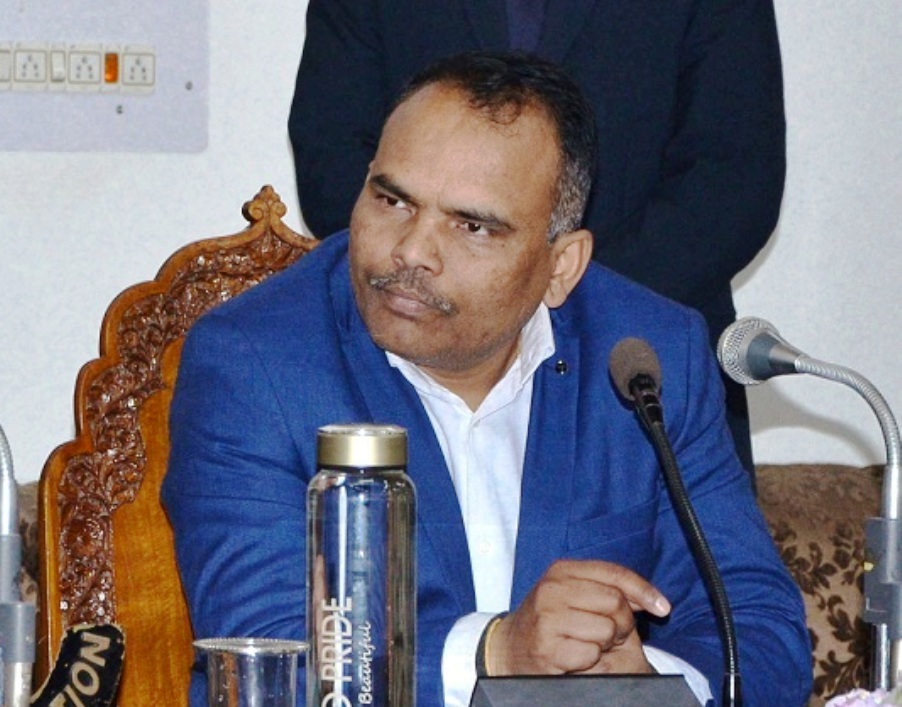SRINAGAR: The Jammu and Kashmir High Court has upheld the preventive detention of a man who is the main accused in the DySP lynching case that occurred in Srinagar’s Nowhatta area in 2017.
The incident took place on the intervening night of 22nd and 23rd June 2017 when a Deputy Superintendent of Police (DySP) from the security wing of J&K Police was lynched to death by a mob outside Jamia Masjid in Srinagar’s Nowhatta area.
The officer was stationed at the mosque to supervise security personnel during a large gathering on the eve of Shab-i-Qadr. The mob attacked the officer, snatched his service pistol, and thrashed him until he succumbed to his injuries.
Following the incident, Imran Nabi Wani was detained under the J&K Public Safety Act 1978 to prevent him from engaging in any further illegal activities. The petitioner argued that he had been granted bail in the lynching case, which the detaining authority failed to consider.
He also challenged the order on the grounds of vague allegations and the lack of fresh activity attributed to him since 2017. Additionally, the petitioner claimed that the detaining authority relied solely on the police dossier and did not independently prepare the grounds of detention.
In response to the Habeas Corpus petition, Justice M A Chowdhary stated that the legal position regarding preventive detention of a person already in custody for a substantive offence is well established. Preventive detention of such individuals is generally not ordered, but it can be justified if there are compelling reasons to believe that the person might be released on bail, acquitted, or discharged in the substantive offence.
The court emphasised that preventive detention is not punitive but rather aimed at protecting society. The court observed that the grounds of detention and the detaining authority’s satisfaction were based on material indicating Wani’s involvement in the DySP lynching case.
According to the court’s observation, “Detenue along-with other anti national elements attacked the said officer and snatched his service pistol and thrashed him ruthlessly till he succumbed to the beating and died on the spot. The accused persons didn’t stop there but inhumanely dragged the dead body of the deceased out from the area adjacent to the mosque, tore his clothes, and left the body without clothes and other belongings.”
The petitioner’s claim of not receiving relevant material for making an effective representation was dismissed as he had been provided with copies of the detention warrants, grounds of detention, dossier, and other related documents.
Justice Chowdhary further clarified that the court does not examine whether the facts mentioned in the grounds of detention are correct or false, as it does not act as a court of appeal to find fault with the satisfaction of the detaining authority based on the material before them.
Based on these considerations, the bench found the petition devoid of any merit and subsequently dismissed it.















